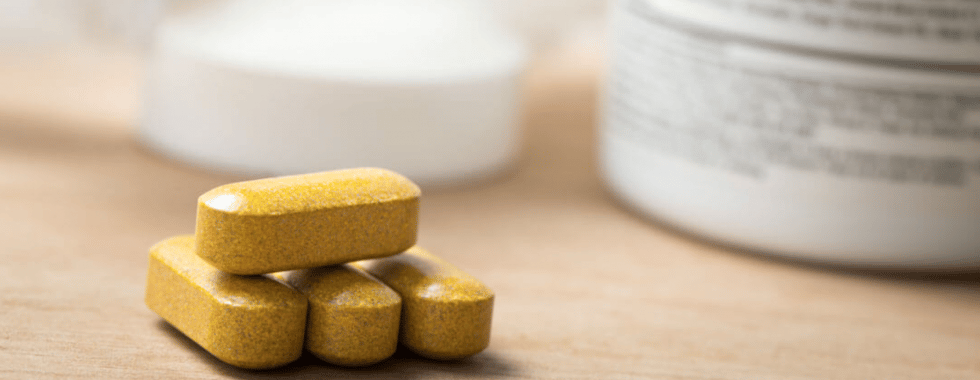What is Stability Testing?
When it comes to supplements, contract manufacturers must follow a consistent and strict quality control process to deliver safe and quality products for its brands and consumers. It is important for brands to be cognizant of quality control since understanding general quality requirements can play an important role when it comes to choosing a contract manufacturer. One of the main aspects of this quality assurance process is stability testing. Since this evaluation is an important step in creating a quality supplement, we break down what stability testing is and why it’s so important.
What is Stability Testing?
Typically, the dietary supplement testing process includes three stages: raw material testing, finished product testing, and stability testing. As the last stage of the dietary supplement product testing process, stability testing, also known as shelf-life stability testing, verifies that the dietary supplement still meets the supplement facts and requirements for the claimed active ingredients during that time period.
A stability test for a supplement will be product-specific but can generally fall within one of four categories:
- Sensory/organoleptic evaluation
- Chemical analysis (e.g., assays for levels of active components)
- Physical analysis (e.g., assessing the hardness of tablets)
- Microbiological examination (based on assessments of microbiological risks)
Physical and microbiological tests are basic standards that must be met. But to claim that a supplement is truly stable, a manufacturer must prove that all active ingredients stated on the label are present in the quantities specified in the supplement facts panel before the expiry date (chemical analysis).
In addition, there are two main types of stability evaluations used for predicting shelf life for supplements. “Real-time” studies simulate the expected storage conditions and run for the anticipated shelf life of the product, while “accelerated” studies use elevated temperatures to expedite the rates of chemical reactions, over a shorter period of time.
Currently, stability testing is not required by any federal regulatory bodies. But, NSF International, developer of the U.S. national standard for dietary supplements, did create a voluntary Stability Testing Guideline to help nutritional supplement companies make sure they had the necessary data to support expiration dating on product labels. This guideline outlines the criteria necessary to support expiration dating that complies with the current Good Manufacturing Practices (GMP) for dietary supplements.
What Factors Does Stability Testing Look At?
Supplements contain multiple active ingredients with different stability profiles, and cross-interactions within these ingredients can occur. Simply put, the more ingredients used, the more reactions happen. For example, multivitamin supplements contain a wide range of vitamins, a number of which are more unstable than others. In order to account for any of the reactions that may occur, manufacturers must undertake a stability evaluation of the multivitamin supplement to ensure that the ingredients used remain active and the overall composition of the supplement is intact during its shelf-life.
In addition to the inherent properties of an ingredient, external factors must also be taken into consideration during a shelf-life stability test since they can affect the stability of dietary supplements. These factors include:
- Environmental factors (i.e. temperature, oxygen, moisture)
- pH level
- Oxidization
- Water activity
- Metallic ions
Why is Stability Testing Important?
Consumers are becoming supplement-savvy and paying closer attention to what is in their supplements. They are increasingly demanding products that are high quality, safe, and effective from the brands they buy from in addition to brand transparency. Plus, consumers are more knowledgeable now with digital gadgets that access data and share product reviews quickly and publicly at their fingertips. Even though stability tests aren’t required, consumers are beginning to expect such due diligence performed on the supplements they consume. In fact, stability testing is on track to becoming a trend as big as clean label and personalization. By enabling the manufacturer to predict an appropriate shelf life for the product, stability testing ensures that consumers’ expectations of quality will be met throughout the proposed shelf life.
Paragon Laboratories is Your Supplement Contract Manufacturer
At Paragon Laboratories, we use over 200 Standard Operating Procedures to build quality into every nutritional product we manufacture. We test your ingredients and supplements through our in-house state-of-the-art laboratory every step of the way, keeping precise records throughout the entire process. Paragon’s technical experts use the most advanced methods to ensure the identity, purity, quality, strength, and composition of raw materials and finished nutritional products. The bottom line is that when you partner with Paragon, you’ll get exactly the quality nutritional product or supplement you want that meets all contract manufacturing regulatory requirements.



